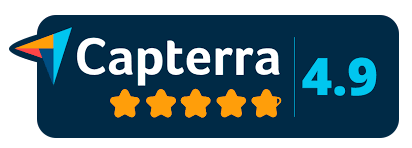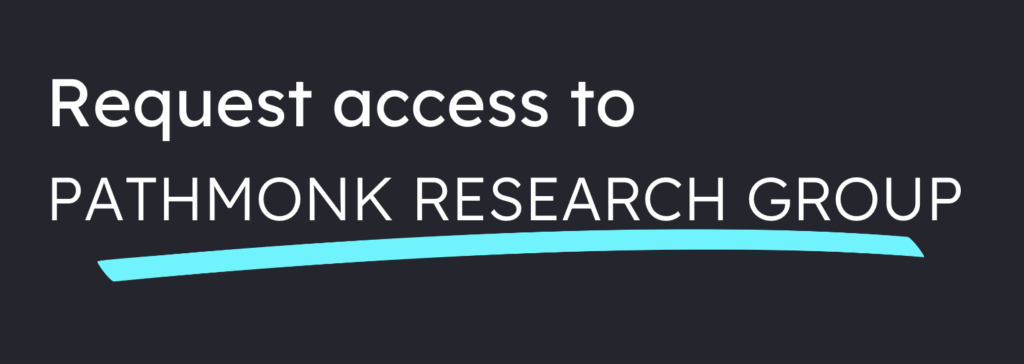Why Your SERP Rank is Not Generating Sales and How to Fix it With AI

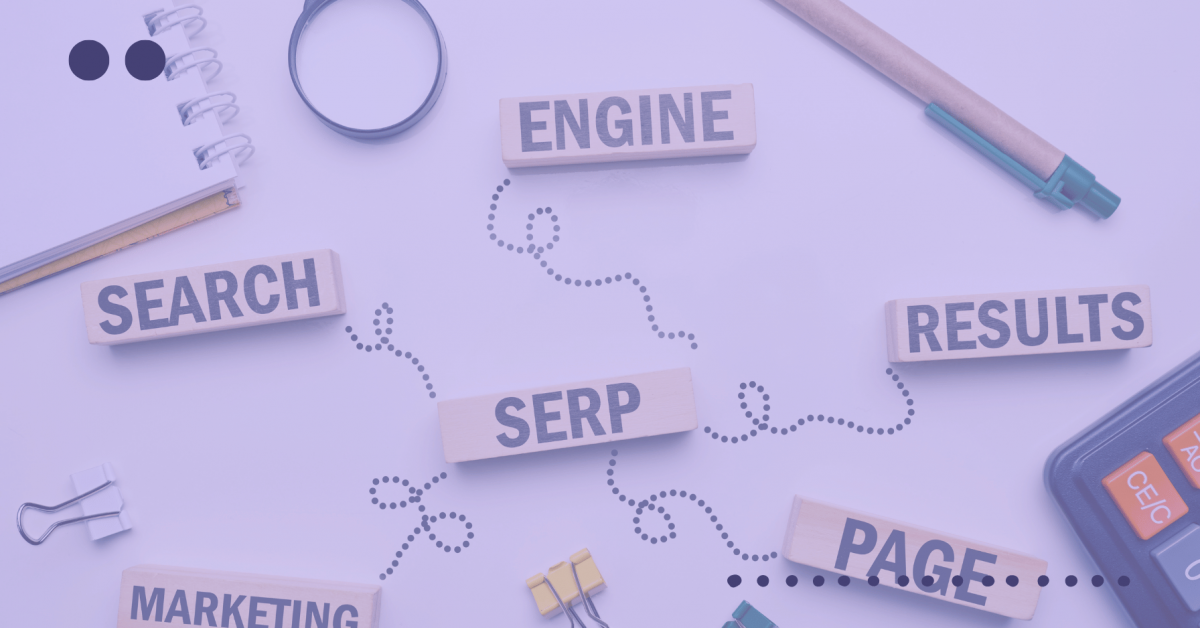
Search engine optimization (SEO) plays a crucial role in the success of any business. One of the key metrics in SEO is the Search Engine Results Page (SERP) rank, which refers to the position of a website on the search results page for a particular keyword. A high SERP rank can lead to increased visibility and traffic, but what happens when this high rank doesn’t translate to sales? This is a common problem faced by businesses, so let’s explore why this happens and how AI-powered solutions can help you convert traffic into sales.
How to Achieve High SERP Rankings
To achieve high Search Engine Results Page (SERP) rankings, it’s essential to understand the various factors that affect them. These factors include keywords, content, backlinks, website structure, user experience, and more.
The Importance of Keywords
Keywords are an essential aspect of SEO and SERP rankings. Keywords are the words or phrases that users enter into search engines to find relevant content. So it’s crucial to use relevant keywords in your content to increase the chances of appearing in search engine results pages. However, be aware of keyword stuffing which can negatively impact SERP rankings. Keyword stuffing refers to the practice of overusing keywords in your content to manipulate SERP rankings. This practice is frowned upon by search engines and can lead to penalties.
One effective way to use keywords is to conduct keyword research. Keyword research involves identifying relevant keywords for your content and using them strategically throughout your website. This process helps you understand the search intent of your target audience and create content that matches their needs. Some tools that can assist in keyword research include Google Keyword Planner, Ahrefs, and SEMrush.
Creating Quality Content
Content is another critical factor that affects SERP rankings. Search engines prioritize high-quality content that is relevant, informative, and engaging. Creating high-quality content that matches the search intent of your target audience is essential for improving SERP rankings. Some tips for creating high-quality content include:
- Conducting research to understand the needs of your target audience
- Creating content that is engaging and easy to read
- Using relevant images and videos to enhance the user experience
- Creating content that is unique and offers value to your target audience
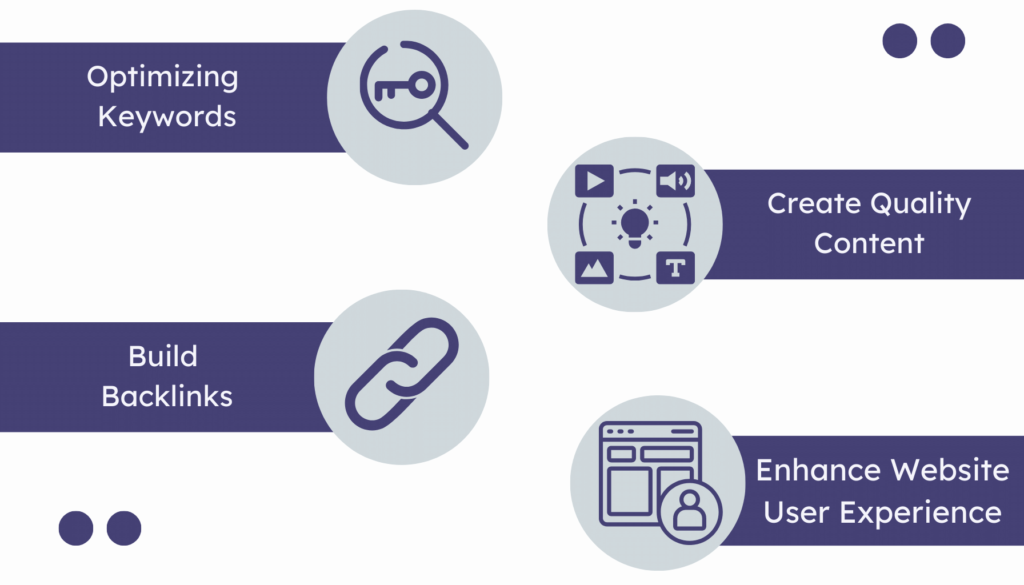
Building Backlinks
Backlinks are links from other websites that point to your website. Search engines consider backlinks as a vote of confidence in the quality of your content. Therefore, the more high-quality backlinks you have, the higher your SERP rankings will be. It’s important to note that not all backlinks are created equal. High-quality backlinks from reputable websites carry more weight than low-quality backlinks from spammy websites.
To improve your backlink profile, you can:
- Reach out to other websites in your niche and request backlinks
- Create high-quality content that other websites would want to link to
- Use social media to promote your content and attract backlinks
Enhance Website User Experience
Website structure and user experience also affect SERP rankings. Search engines prioritize websites that are easy to navigate and provide a positive user experience. So prioritize optimizing your website structure and user experience to improve your SERP rankings. Some tips for improving website structure and user experience include:
- Using descriptive URLs and meta descriptions
- Optimizing website loading speed
- Ensuring your website is mobile-friendly
- Using internal linking to help users navigate your website
- Creating a sitemap to help search engines crawl your website
Additionally, there are other technical factors that will impact your SERP rankings, such as schema markup, SSL certificates, and more. However, the tips mentioned above are some of the most critical factors for improving your SERP ranking.
The Problem with Traffic That Doesn't Convert
According to a study by Backlinko, websites in the top three positions on Google’s SERP receive 54.4% of all clicks for a search query.
‘Great’ you think. You’ve been doing all the right work: creating a content calendar, posting consistently, looking for referrals to improve your backlink strategy… But nothing happens. Sure, traffic is increasing, but what is happening to your sales? Why don’t users convert?
This data may be shocking, but in case you didn’t know: 98% of your users don’t convert. So, your noble efforts may be working when it comes to generating traffic, but when it comes to making money the results are less than what you desired and of course, deserve.
Reasons Why Your Website Users Aren’t Converting
Lack of Clear CTA
One of the main reasons for low conversions is the lack of a clear call-to-action (CTA). A CTA is a prompt that encourages visitors to take a specific action, such as making a purchase or filling out a form. Without a clear CTA, prospects could abandon their search before taking any action, leading to high bounce rates and low conversion rates. It’s important to have a clear and prominent CTA on every page of the website. A study by SmallBizTrends found that 70% of small business’ websites lack a clear CTA on their homepage. There is a clear need for website design and content to clearly direct visitors toward a specific goal to encourage them to take action.
Lack of Personalization in the User Experience
Visitors to a website have different needs and preferences, a one-size-fits-all approach won’t be effective in converting our prospects into customers. Personalization involves tailoring the user experience to meet the specific needs and preferences of each visitor. Personalization can include customized product recommendations, personalized landing pages, and more. A study by Epsilon found that consumers are 80% more likely to make a purchase when a brand offers personalized experiences. Personalization can have a significant impact on user engagement and conversion rates.
Too Much Choice
Visitors may experience decision paralysis when presented with too many options. This is the inability to make a decision when presented with too many choices. Like the endless streaming services and the constant battle of choosing a show to watch every evening. After feeling too overwhelmed with choices and having no clear path to take, our prospects will simply leave, on the hunt to find a better experience. According to a study by Sheena Iyengar and Mark Lepper, when shoppers were presented with a table of 24 varieties of jam, only 3% of them made a purchase. However, when presented with a table of only 6 varieties of jam, 30% of them made a purchase. Illustrating the importance of simplifying the user experience and presenting your visitors with a limited choice and a clear path to purchase.
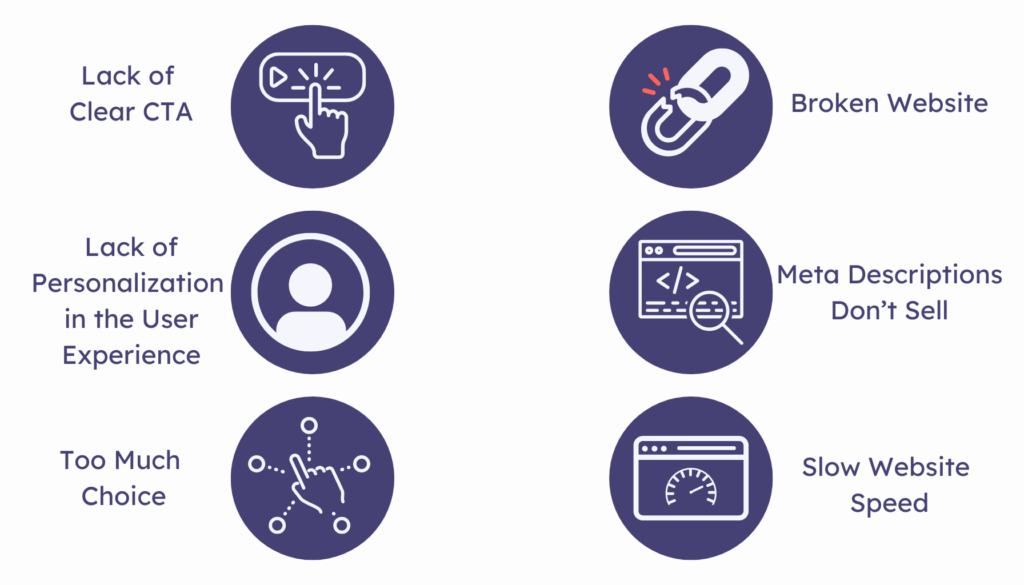
Broken Website
If your website’s functionality is broken you can guarantee that your visitors won’t be converting. This can include broken links, slow loading times, error messages, and other technical issues. Visitors who encounter these problems may become frustrated and leave your website without taking any action.
In fact, a survey conducted by Akamai found that 79% of online shoppers who experience performance issues on a website are less likely to buy from that site again. Don’t miss conversion opportunities by ensuring your website is fully functional and optimized for a smooth user experience.
Meta Descriptions Don’t Sell
Another reason why high SERP rankings may not be generating sales is if your meta description ranks well but doesn’t sell. While it is important to optimize your meta description for SEO, it is equally important to ensure that it effectively communicates the value of your content to potential visitors. A poorly written or irrelevant meta description can lead to low click-through rates and ultimately, low conversions.
It’s important to craft compelling meta descriptions that not only contain relevant keywords but also effectively communicate the value of your content to potential visitors.
Slow Website Speed
Website speed can have a significant impact on user engagement and conversion rates. A slow-loading website can lead to high bounce rates and low conversion rates. According to a study by Google, the probability of a bounce increases by 32% when the page load time goes from 1 second to 3 seconds. Additionally, a study by Akamai found that a 100-millisecond delay in website load time can lead to a 7% decrease in conversion rates. Optimize your website speed to provide a better user experience and increase conversion rates.
How to Optimize Your Landing Page Conversion Rate with AI
Pathmonk Accelerate is an AI-driven platform that helps you increase your website’s conversion rates by serving personalized micro-experiences to visitors. Pathmonk Accelerate is designed to understand visitor behavior and provide them with the most relevant and personalized experience possible. This approach has been proven to significantly increase conversion rates for businesses of all sizes.
The platform allows you to serve personalized experiences to your visitors, which can significantly improve the user experience and increase engagement. By providing visitors with relevant content and offers based on their behavior, you can improve your chances of converting them into paying customers.
Pathmonk Accelerate can help you reduce bounce rates by serving personalized messages to visitors who are about to leave your website. By presenting visitors with personalized offers or messages, you can encourage them to stay on your website longer and explore more of what you have to offer.
More Sales From Your Website With AI
Personalized interactions based on your users' behaviour to get +50% more conversions.
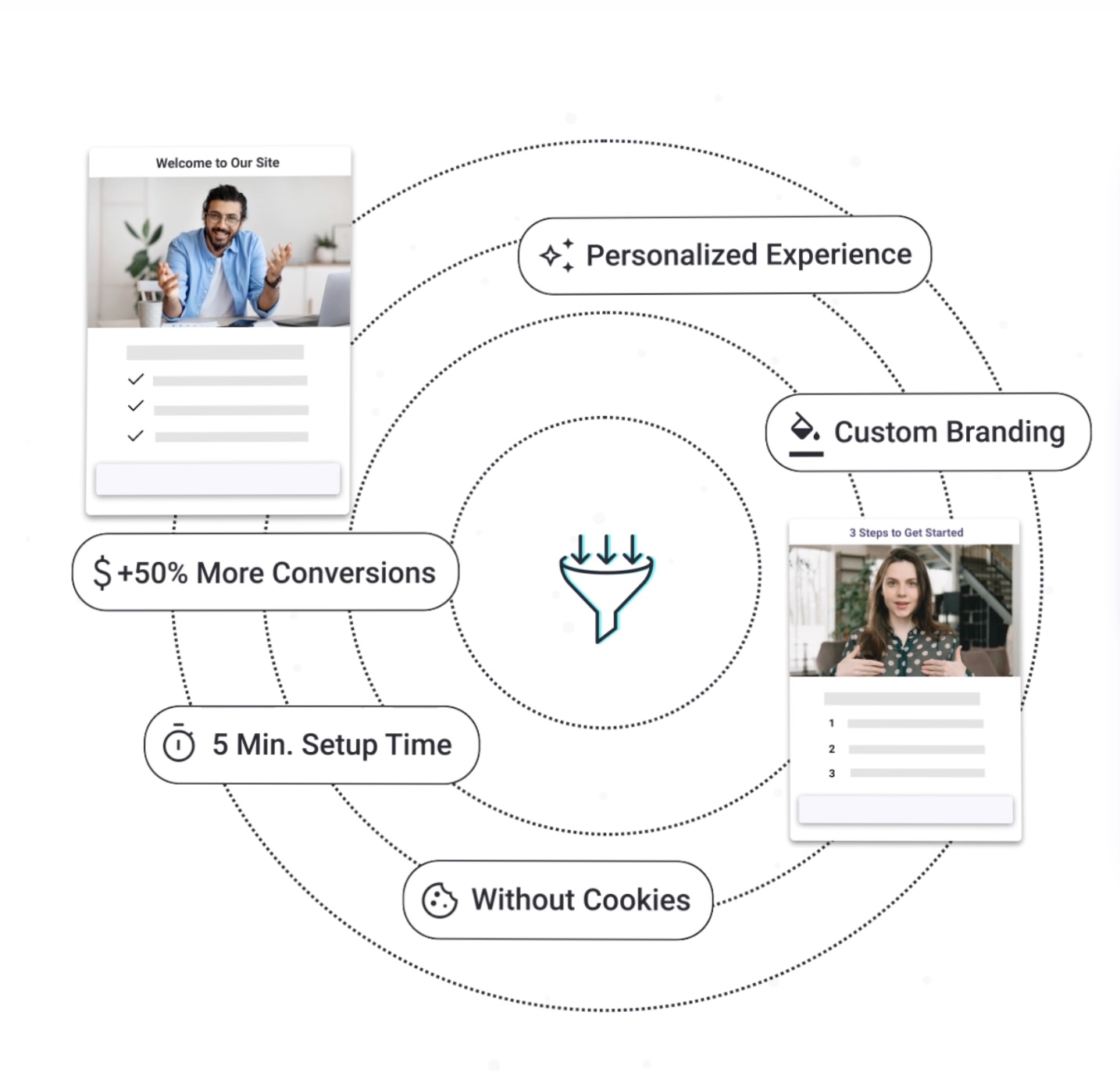
Conclusion
Achieving high SERP rankings is an important part of any digital marketing strategy. However, simply achieving high rankings does not guarantee increased sales. To truly drive conversions, you must focus on optimizing the user experience, providing clear calls to action, and utilizing personalization and targeted messaging to meet the needs of individual visitors.
Pathmonk Accelerate is an AI-powered solution that can help you improve your user experience, increase engagement, and drive conversions. By providing personalized micro-experiences and targeted messaging, you can better meet the needs of individual visitors and ultimately drive more sales.
Remember, achieving high SERP rankings is just the first step in a successful digital marketing strategy. By focusing on providing a seamless and personalized user experience, you can maximize the potential of your traffic and turn visitors into loyal customers.

